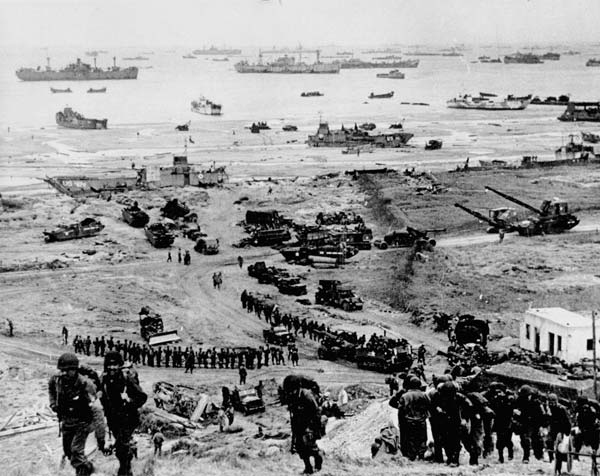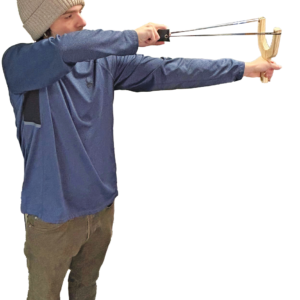
Tours of Duty – World War II
[Editor’s note: Surplus Today had the pleasure of interviewing several veterans from past and present wars to be part of our featured article in this issue. I chose the theme of Honoring Our Veterans, in part, because it precedes the month of November, the month we observe Veteran’s Day. As the Editor, I try to reflect our mission of support and help to our troops. We all owe a debt of gratitude for those who served to keep us free. The photograph of statues is part of the Korean War memorial that reads: “Freedom is Not Free.” I hope you find these interviews as inspiring as I did.]
World War II:
Stanley Brugger , US Army Corps of Engineers
As told by Jack Brugger
My father was an Engineer with the United States Army Corps of Engineers (USACE) and they could build or destroy anything! One of his core responsibilities during the war was building Bailey Bridges. These structures allowed Allied troops to navigate war-ridden terrain and natural obstacles like rivers and cliffs.
I believe not many people know that the Corps of Engineers were often at the very front of the conflicts. The engineers were “in front of the front lines,” responsible paving the way for troops to advance through heavy opposition. The story of these individuals is a story of magnificent accomplishments and heroism throughout World War II. The Corps of Engineers led the fight against Nazi forces by blasting gaps through heavy steel obstacles and heavy tank walls.
After the war, my father returned to the job he previously held, which was a truck driver. World War II is remembered as a large victory for the U.S. This is significantly different war from the following conflicts in Korea and Vietnam:
- In WWII, soldiers joined the service to win. We achieved victory and then left. In Vietnam and Korea, things were more political. Service men and women went in to win and then stayed.
- WWII was a “Land War.” It was about taking land/territory back from the Axis Powers. For the Vietnam and Korean Wars, It was about going into the rice paddies to engage in combat and do recon, then going back to the base camp. The same territory was taken and then retaken.
- WWII recruits stayed in the same group from their towns and within their state and were able to bond and make friends and comrades throughout the war. In Vietnam, soldiers were from all over the country. You were alone, one person by yourself among strangers. Losing a fellow soldier around you wasn’t quite as hard, since you didn’t know a lot of people that closely.
- The Army in was fighting in Europe in WWII, while the Marines were in the Pacific. The Navy was in both areas. In Vietnam, all branches of the military were in a localized area.
- The government was promoting the war with patriotism, buying war bonds, widespread country support and propaganda. There was Rosie the Riveter, the sailor kissing the girl, and ticker tape parades welcoming the service men and women home. It was the polar opposite with Vietnam, no support or sacrifice, lots of resistance, anti-war, discrimination and protests. Vietnam Vets were spat upon, heckled and verbally abused.
Read more about Jack Brugger and his experience during the Vietnam war HERE.




